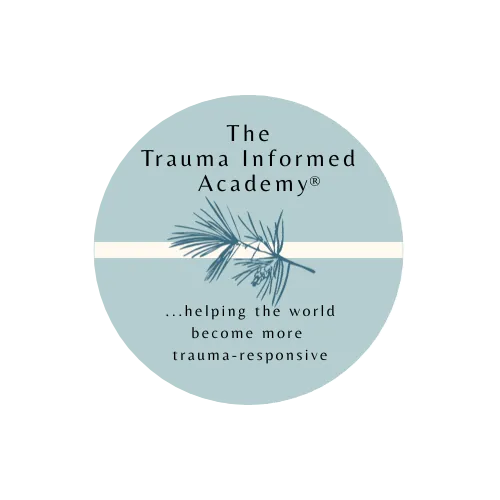

“… But they’re Lazy and Careless!”
Well, some are. A lot aren’t. And it sure feels like they have to learn a lot about motivation and performance when they’re in the workplace. Um… so do the people who hire them.
Set expectations around the volume of daily performance in the interview. If you have ten tasks, how many are likely to directly impact someone else? How many should you get done in a day? With what degree of accuracy?
Engage the recruit in conversations about what they think the impact of attendance issues might be on other staff, customers, clients, and on them.
Rinse, lather and repeat with accurate work. What is an acceptable level of failure or errors? How will you help them “fail forward”?
Here’s the hard part--once you say “Tell me a story about a time when…” You. Have. To. Be. Quiet. Go silent and wait for them to answer.
Once you say, “So talk to me about what you think accuracy is and the reasons it is important?” You. Have. To. Be. Quiet. Count to twenty slowly in your head.
Once you say, “How do you think errors either from not caring, not knowing, or not performing in some other way impacts the [product, service, process]?” You. Have. To. Be. Quiet. Wait for them to speak.
Otherwise, the people you accuse of being “Quiet Quitters” are simply responding to your training: you ask, and then answer your own questions.
Find out what motivates them--and use it. Look up “The Five Languages of Appreciation in the Workplace.”
In times when staff don’t have these life skills, help develop them. Or hire much older workers who may have expectations more akin to your own. Of every ten people you hire, one may be truly “lazy” (“bad hire”) and one may “overproduce” (also a “bad hire”).The eight left will perform along a Bell curve.
“Lazy” and “careless” are as much about management and leadership as about the employee or staffer. We all still need different behavior to get what we want--and to revise our understandings of motivation.



Email our Admin:
©Copyright 2025 EPower & Associates, Inc. All Rights Reserved.
Privacy Policy | Terms of Use
Featured On...


